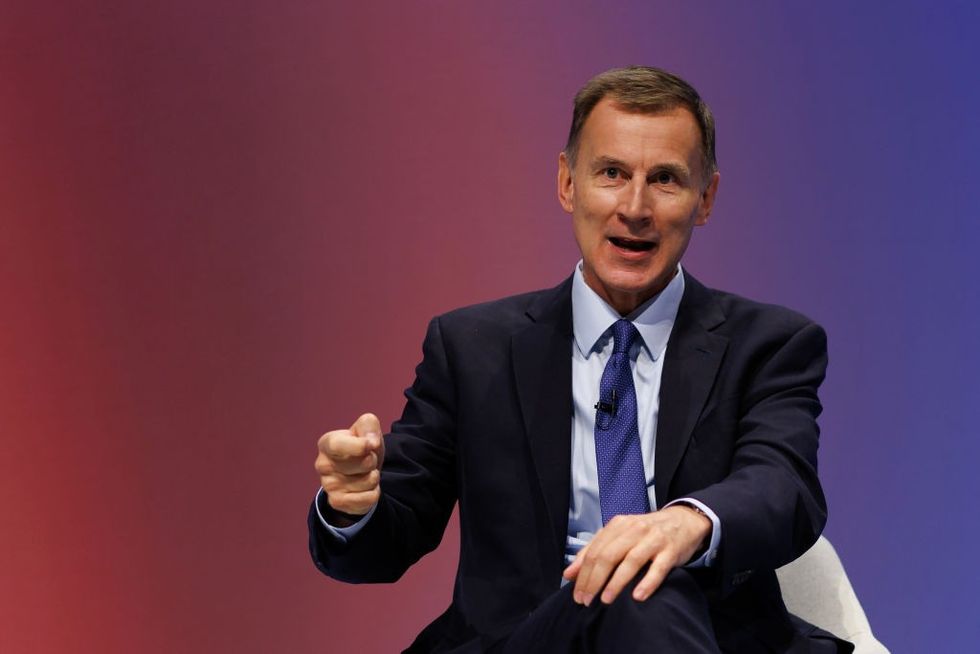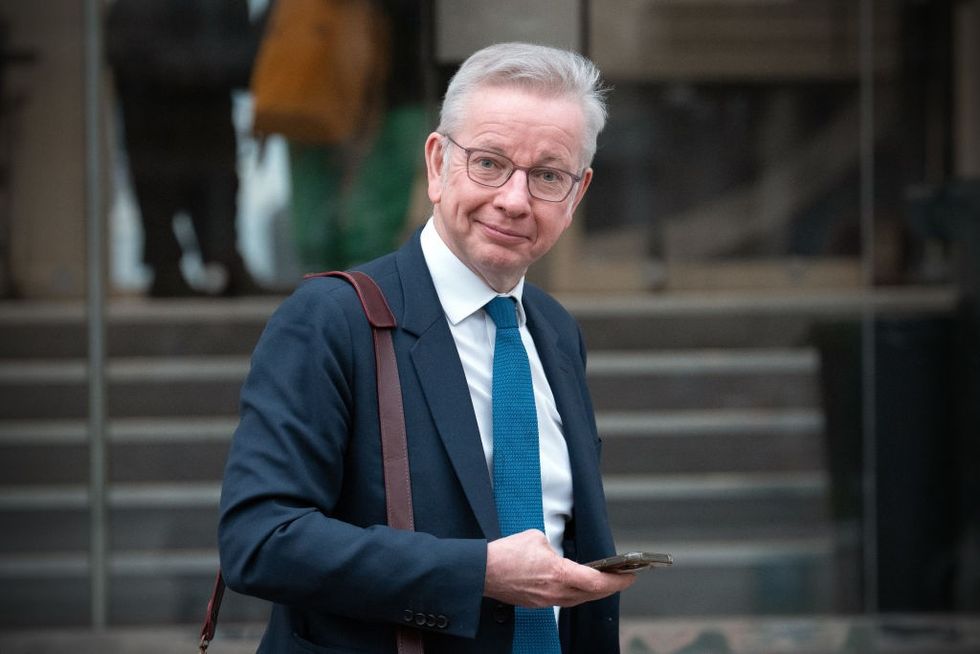THE BANK OF ENGLAND (BoE) has cut interest rates by 0.25 percentage points to 4.5 per cent, with some policymakers supporting a bigger reduction to counter economic slowdown. However, the central bank signalled a cautious approach to future cuts, citing inflation concerns and global uncertainty.
The BoE also revised its economic growth forecast for 2025, reducing it by half. Chancellor Rachel Reeves, who has been advocating for faster economic growth, faces a challenge as inflation is now projected to be nearly double the 2 per cent target this year.
Governor Andrew Bailey described the expected rise in inflation as a "bump in the road" before it declines again.
The rate cut, from 4.75 per cent to 4.5 per cent, was in line with expectations from a Reuters poll of economists. However, investors were surprised by Monetary Policy Committee (MPC) member Catherine Mann, who had previously opposed rate cuts but joined Swati Dhingra in calling for a larger reduction to 4.25 per cent.
Bailey indicated that further rate cuts could follow but said decisions would be made "meeting by meeting" based on economic conditions.
Following the announcement, financial markets initially reacted by anticipating a faster pace of rate cuts this year. Sterling dropped by as much as 1 per cent against the dollar before recovering.
"Outside of the surprise voting outturn... other parts of the BoE communications look more hawkish, suggesting that some caution should be taken in over-interpreting what the dovish vote split means for the rate outlook," said Nikesh Sawjani, senior UK economist at Lloyds Bank.
Investors have factored in two or three more quarter-point cuts by the end of 2025, with little change in expectations from before the announcement.
Britain’s economy has seen little growth since mid-2024, with businesses uncertain about economic policies under the new Labour government, the potential for a global trade war led by US President Donald Trump, and rising costs.
The BoE estimates that economic output contracted by 0.1 per cent in the final quarter of 2024 and revised its 2025 growth forecast down to 0.75 per cent, citing weak consumer and business confidence and slow productivity growth.
While the impact of potential US trade tariffs remains uncertain, the BoE warned that higher global tariffs could contribute to slower growth.
Bailey said global economic conditions influenced the BoE’s decision to add the word "careful" to its guidance on rate cuts, alongside the existing description of a "gradual" approach.
Thursday’s cut was the third since the BoE began reducing borrowing costs from a 14-year high in August. Despite the reduction, UK interest rates remain among the highest among advanced economies.
Some policymakers called for caution in future rate cuts due to concerns that weak productivity could push up inflation.
Others argued for a "careful" strategy, which they suggested could allow for a greater willingness to lower rates.Weaker outlook
The BoE’s latest projections indicate a more challenging economic outlook than its November forecasts.
Inflation, currently at 2.5 per cent, is expected to rise to around 3.7 per cent in the third quarter of this year, driven by higher energy costs and anticipated increases in regulated water bills and bus fares. This is up from a previous forecast of 2.8 per cent.
The central bank now expects inflation to return to its 2 per cent target by the end of 2027, six months later than previously estimated.
Bailey maintained that inflation would ease due to factors such as slowing wage growth and a slight increase in unemployment.
Growth forecasts for 2026 and 2027 were revised slightly upward to 1.5 per cent from 1.25 per cent.
These forecasts were based on market expectations that rate cuts would happen more slowly than projected in November, with interest rates now expected to fall to around 4.25 per cent this year compared to earlier estimates of 3.75 per cent.
If the projections hold, the BoE would have limited room for further rate cuts this year if it aims to bring inflation down gradually. However, Bailey said the forecasts were only one factor in the MPC’s decision-making.
Among the two policymakers who voted for a larger cut to 4.25 per cent, one described their stance as "activist," a term previously used by Mann.
That member argued for a 0.5 percentage point cut to send "a clearer signal of financial conditions appropriate for the United Kingdom," though they acknowledged that rates would need to remain elevated.
The other policymaker in favour of a bigger cut said weaker demand was likely to lower inflation and warranted a stronger response.
(With inputs from Reuters)

















 FILE PHOTO: Jeremy Hunt gestures as he speaks during the Conservative Party Conference at Birmingham ICC Arena on September 30, 2024 in Birmingham, England. (Photo by Dan Kitwood/Getty Images)
FILE PHOTO: Jeremy Hunt gestures as he speaks during the Conservative Party Conference at Birmingham ICC Arena on September 30, 2024 in Birmingham, England. (Photo by Dan Kitwood/Getty Images) Michael Gove leaves the Covid inquiry on March 10, 2025 in London, England. (Photo by Carl Court/Getty Images)
Michael Gove leaves the Covid inquiry on March 10, 2025 in London, England. (Photo by Carl Court/Getty Images)

